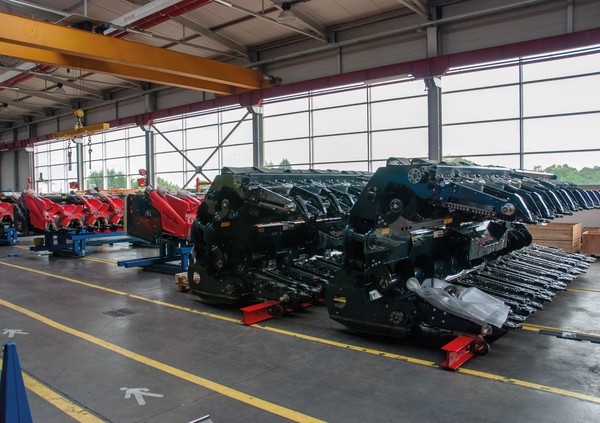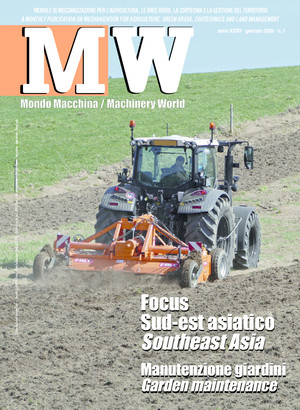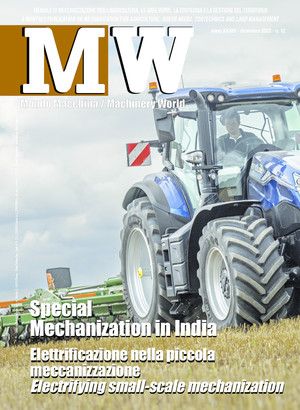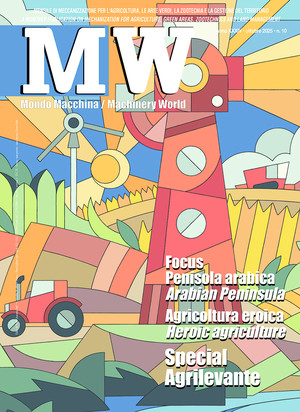
A "digital passport" for EU industrial products
The European Commission, has published a first package of legislative proposals representing an actual "environmental revolution" aimed at making products more sustainable, reducing their environmental impact, and making it easier for consumers to buy and repair them. Last but not least, the introduction of a new tool for collecting product information: a digital passport
The sustainability and circularity goals set out in the Circular Economy Action Plan (“CEAP”), implementing the European Green Deal having as its goal the EU's climate neutrality by 2050, has led the European Commission to make, as of March 30, 2022, some legislative proposals that will require for certain categories of products a "re-design" by establishing requirements on durability, reparability and reusability. Not only product design requirements but also a collection of information about where the product comes from and what its environmental footprint is, requiring tracking of supply chain information, recycled material content, and Substances of Concern present. This information will be accessible to the consumer for informed purchasing, to the waste operator for reasoned disposal action, as well as for monitoring by the relevant national authorities. It should be noted that the substances of concern will not only be those already provided for in the SCIP (Substances of Concern In articles as such or complex objects - Products) Database, as explained in the article published in Machinery World in February 2021, will not only be substances of concern but that additional ones will be specified, such as those that would adversely affect the recycling of product materials.
The collection of all this information will therefore be entrusted to a new tool, which will gradually affect other legislation as well, the "digital passport." This is not entirely new, as there was already a first version of this in December 2021 at the time of the proposed battery regulation, where all performance, environmental and administrative information on batteries was collected in the digital document. The working principle is connecting to a local computer database through a QRcode made available with the product.
A public consultation to be promoted by the European Commission on the list of selected product categories that will initially be affected by these new measures is expected in the coming months. The aspect that could impact the agricultural and landscaping sector is that the initiative will also cover non-energy-related products, unlike the current Ecodesign Directive (2009/125/EC), which was already known to manufacturers and only covered energy-related products. While requiring manufacturers to meet sustainability criteria for products placed on the market, the aim is to support consumers enabling them to make an informed purchase by introducing tools that inform them about the product's durability and repairability (e.g., with "scores on repair"), or make it easy to repair the product independently by requiring items to be composed of easily removable parts.
Another aspect of the "revolution" launched by the European Commission concerns the fight against misleading environmental claims or even planned obsolescence. Therefore, we await the publication of all these provisions, which will undoubtedly have repercussions for tomorrow's products and will also bring about a change in the consumer's approach at the purchasing stage.








